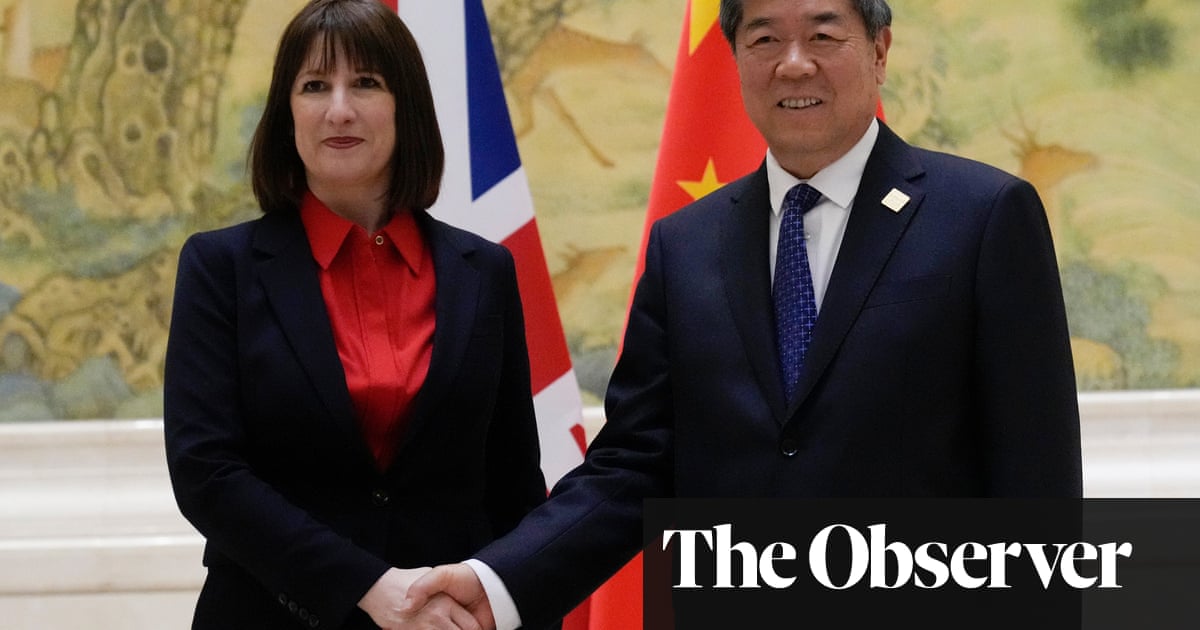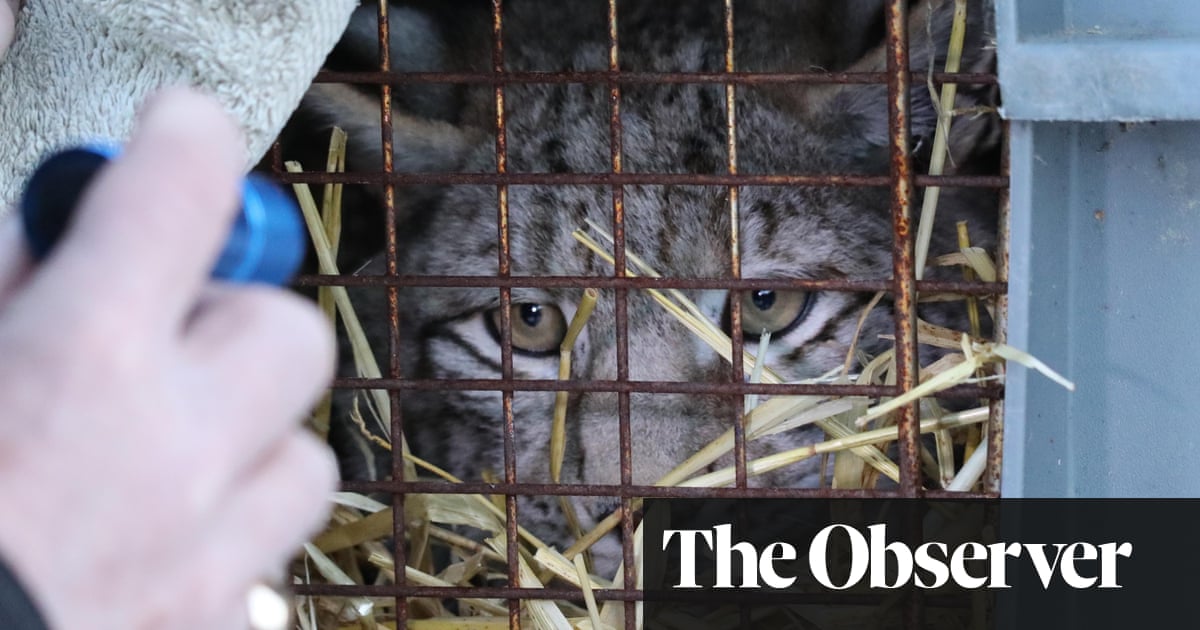Canada’s deputy prime minister and minister of finance has resigned amid growing tensions with the prime minister, Justin Trudeau, over the looming threat posed by Donald Trump’s “America First” economic nationalism.
Chrystia Freeland stood down on Monday, just hours before she was due to release the country’s first economic plan ahead of the change of administration in Washington.
The move stunned the country, left Trudeau without a key cabinet ally – and raised fresh doubts over his political survival.
Relations between Canada and the US have been upended by Trump’s pledge last month to slap a 25% levy on all Canadian goods and services.
“For the past number of weeks, you and I have found ourselves at odds about the best past forward for Canada,” said Freeland in a letter she submitted to the prime minister that was published on social media platforms.
“Our country today faces a grave challenge. The incoming administration in the United States is pursuing a policy of aggressive economic nationalism, including a threat of 25% tariffs,” she states.
“We need to take that threat extremely seriously,” she continues.
Freeland further outlines that Canada needs to keep its “fiscal powder dry today” so that they have the reserves for a “coming tariff war”.
She warns Trudeau that “costly political gimmicks” need to be done away with as they can make Canadians doubt whether the government understands the “gravity of the moment”.
“That means pushing back against ‘America First’ economic nationalism with a determined effort to fight for capital and investment and the jobs they bring. That means working in good faith and humility with the Premiers of the provinces and territories of our great and diverse country, and building a true Team Canada response.”
Earlier this month, Trudeau met with the president-elect and posted a smiling photo of the two of them at dinner in Florida. He told the Canadian Broadcasting Corporation that he promised Trump Canada would shore up border security in surveillance.
Freeland had been set to announce the government’s delayed fall economic statement on Monday, which was anticipated to include details of increased enforcement at the US-Canada border. She had also said that the plan would outline policies to incentivize and keep business development and investment in Canada.
When the statement will be delivered, and who will deliver it, is now unclear.
“This news has hit me really hard,” the transport minister, Anita Anand, told the Associated Press.
Freeland and Trudeau have reportedly disagreed over proposals for for temporary tax breaks and other spending measures, which were meant to shore up political support, but risked forcing Freeland to miss her spending goals.
The letter comes amid continuing uncertainty in Canada over the potential impact of US tariffs, which Trump said would be imposed on Canada, Mexico and China, unless they take action against drug and human smuggling.
Trudeau has held a string of meetings with regional premiers and political rivals in an attempt to maintain a united front, but has been accused of failing to anticipate Trump’s protectionist impulses.
On Friday, Freeland said at a press conference that a Trump presidency actively aimed to create economic uncertainty for other nations to prevent investment “anywhere other than the United States”.
In her resignation letter, she said: “Inevitably, our time in government will come to an end. But how we deal with the threat our country currently faces will define us for a generation, and perhaps longer.”
Freeland’s sudden resignation and repudiation of Trudeau’s approach to Trump comes as the prime minister’s popularity has all but evaporated.
At the end of October, close to two dozen backbench Liberal MPs signed a letter calling on Trudeau to step down as the party fears a seismic electoral defeat in the federal election scheduled for next year.
Monday’s upcoming by-election in the electoral district of Cloverdale–Langley City in British Columbia will be a litmus test for the popularity of Trudeau’s government – one he is expected to fail.
Analysts say that any contender at this point would probably fare better than Trudeau.
Freeland has established herself as a reliable and longstanding member of Trudeau’s cabinet since he became prime minister in 2015. She is known for deftly renegotiating the North American Free Trade Agreement with the first Trump administration, which secured Canadian access to the US market despite Trump’s politics.
Since Trump won his second term last month, Freeland has been mobilizing a team of government officials to prepare for the new president.
But relations between Freeland and Trudeau were also understood to have deteriorated amid allegations that the prime minister wanted to replace her with Mark Carney, the former Bank of England and Bank of Canada governor.
In her letter, she said Trudeau had asked her to step down as finance minister on Friday in order to take up another post in cabinet, which she has now refused.
Freeland states her next steps will be continuing to work as a Liberal MP and she will run for her seat again in the next election.

.png) 3 weeks ago
10
3 weeks ago
10













































